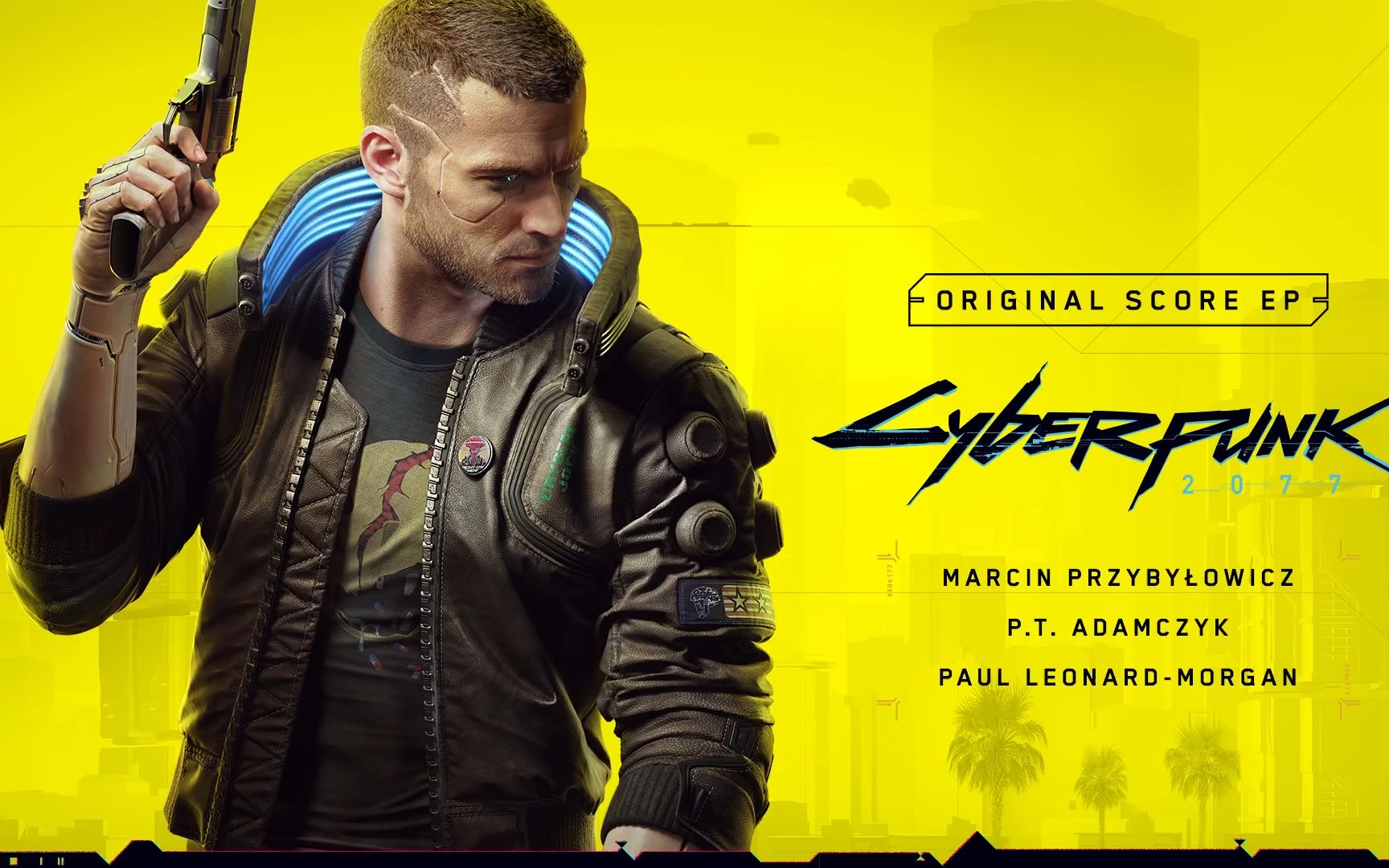Rocket League Score: Esports and Casual Appeal Balance
In the ever-evolving landscape of competitive gaming, few titles have managed to strike a balance between hardcore esports excellence and broad casual appeal as deftly as Rocket League. Developed by Psyonix, this high-octane hybrid of soccer and rocket-powered cars has captivated millions since its release in 2015. Its unique premise—controlling agile vehicles to hit a giant ball into a goal—is simple to grasp yet incredibly difficult to master. This duality is at the heart of its enduring success. Rocket League’s ability to simultaneously cater to elite competitive players and casual enthusiasts is a testament to its ingenious design, community-focused updates, and the organic growth of its esports ecosystem.

At its core, Rocket League is incredibly accessible. The basic controls are intuitive: accelerate, brake, jump, and boost. Within minutes, a new player can participate in a match, clumsily bumping into the ball and celebrating a lucky goal. This low barrier to entry is crucial. Unlike many competitive games that require extensive knowledge of complex mechanics or lore, Rocket League’s concept is universally understandable. The thrill of scoring a goal is immediate and visceral, regardless of skill level. This accessibility is amplified by its vibrant, cartoonish aesthetic and lack of graphic violence, making it appealing to a wide age range and a more diverse audience than traditional esports titles.
However, beneath this simple surface lies a deep and mechanically complex game. Mastering aerial maneuvers, precise dribbling, power shots, and coordinated team plays requires hundreds, if not thousands, of hours of practice. The skill ceiling is virtually limitless. This depth is what fuels the professional scene. Elite players perform seemingly impossible feats: double-tap aerial goals, premeditated passing plays, and last-second saves that defy physics. This high skill gap creates a spectacle that is awe-inspiring to watch, both for casual viewers and dedicated fans. The esports side of Rocket League thrives on this display of mechanical perfection and strategic brilliance.
The game’s esports ecosystem, notably the Rocket League Championship Series (RLCS), is a cornerstone of its competitive integrity. Psyonix has invested significantly in structuring a clear path to pro, with multiple regional leagues and a robust world championship event. The RLCS showcases the highest level of play, with teams from North America, Europe, and beyond competing for massive prize pools and glory. The production quality, commentary, and analysis have become increasingly professional, mirroring traditional sports broadcasts. This legitimacy helps attract sponsors, media partnerships, and a dedicated viewership that tunes in not just for the gameplay, but for the narratives and rivalries between top teams and players.
Crucially, Rocket League’s esports success does not alienate its casual base. In fact, the two aspects feed into each other. A casual player watching the RLCS might see a professional execute a stunning "ceiling shot" and feel inspired to log into the game and practice in free play mode. This trickle-down effect of high-level play motivates improvement and engagement. Furthermore, the game’s regular content updates are designed with both audiences in mind. New arenas, cosmetic items, and limited-time modes (like Spike Rush or Heatseeker) provide fresh experiences for casual players seeking fun, while the competitive ranks and core gameplay remain untouched for the purists.
Psyonix has also masterfully used its in-game economy and events to bridge the gap. The introduction of the Item Shop and Blueprints replaced the controversial loot boxes with a more transparent system. Players can directly purchase cosmetics they desire, from silly hats to sleek decals for their cars. Seasonal events often tie into the esports world, offering fan rewards for watching RLCS streams. By logging in and watching broadcasts, players earn free items, effectively turning casual viewers into invested spectators of the competitive scene. This synergy transforms passive players into active participants in the broader Rocket League culture.
Another vital element is the game’s social and community features. Casual modes like Rumble (with power-ups) and Snow Day (with a hockey puck) offer low-stakes fun where the primary goal is laughter rather than climbing a ranked ladder. Meanwhile, the ranked competitive playlists provide a structured environment for those seeking a serious challenge. The ability to easily party up with friends, regardless of their skill level, and jump into either type of match reinforces the social fabric of the game. It’s a title where a Grand Champion can play with a Bronze-ranked friend in a casual match, and both can have a enjoyable experience.
Of course, maintaining this balance is an ongoing challenge. The community occasionally sees friction, such as debates over gameplay changes, ranking system adjustments, or the meta. Psyonix has generally adopted a cautious approach to altering core mechanics, understanding that drastic changes could upset the delicate equilibrium between casual and competitive play. Their strategy has been one of evolution rather than revolution, introducing new features and refinements without compromising the fundamental experience that players love.
In conclusion, Rocket League’s remarkable achievement lies in its harmonious score—a symphony where the intense, calculated notes of esports competition blend seamlessly with the joyful, chaotic chords of casual play. It is a game that welcomes everyone to the pitch, whether they are a weekend warrior looking for a few laughs with friends or an aspiring pro grinding for a spot in the RLCS. This balance is not accidental; it is the result of thoughtful design, continuous community engagement, and a respectful nurturing of both sides of its player base. As Rocket League continues to evolve, it stands as a shining example in the gaming world, proving that a title can be both a premier esport and a beloved casual pastime without sacrificing its soul.














